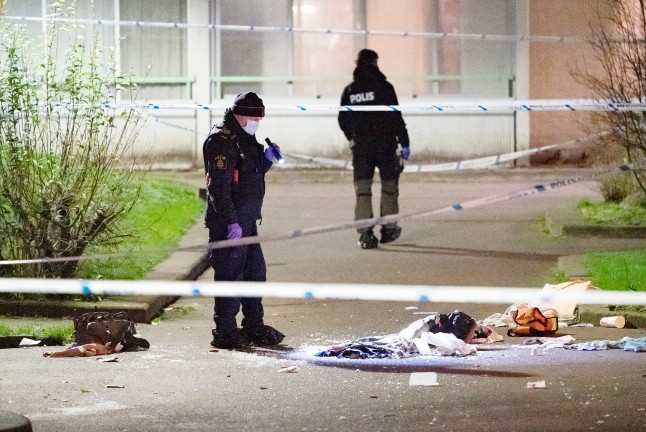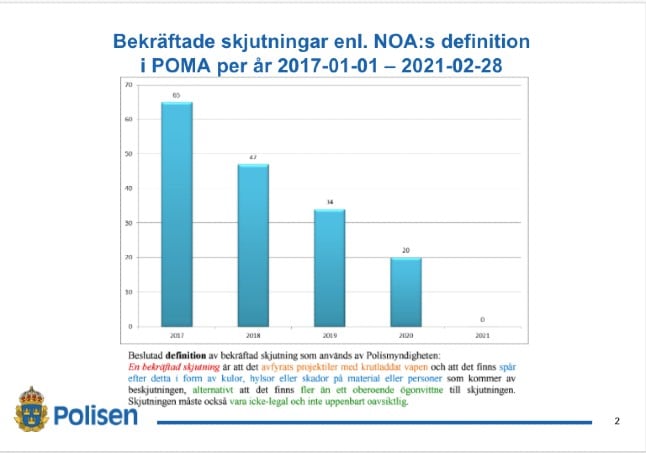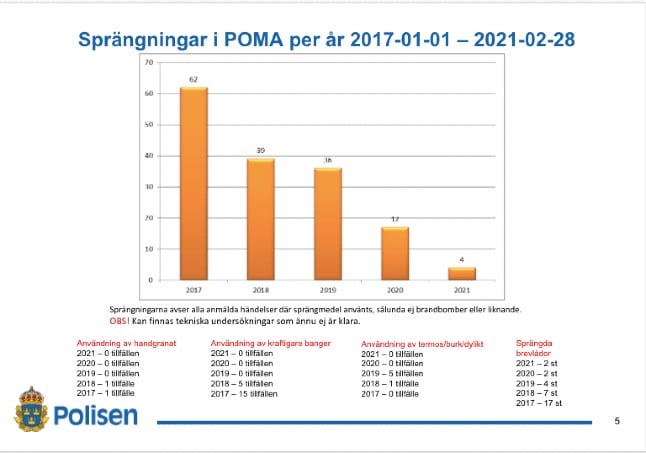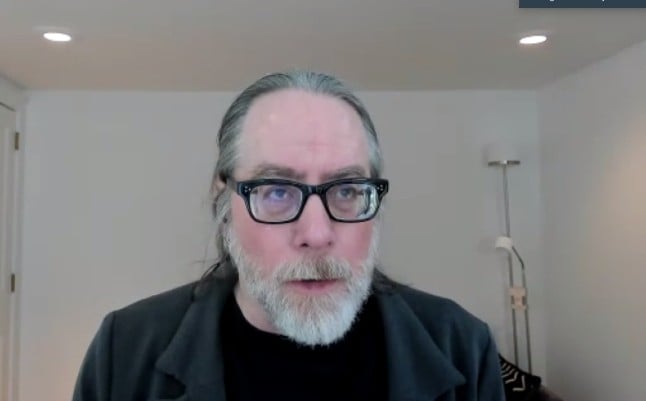Malmö, who beat Celtic in a play-off to reach this stage, lined up with nine full internationals on the field at kick-off and, with a five-man defence and two deep in midfield, were stuffy opponents.
But, save for a Nikola Djurdic shot that slid just wide of Kevin Trapp's far post in the 34th minute, they offered little in attack.
Instead, PSG let themselves down at times with some wasteful passing and poor finishing, not least from Zlatan Ibrahimovic, who failed to convert no fewer than five attempts in the first half alone and was then let down by his touch having been put in by Cavani just after the restart.
Sweden's national football star returned after injury to face his hometown team and the club with whom he started his career but missed a handful of chances in the first period and was eventually substituted 15 minutes from the end.
“I would have liked to score,” Ibrahimovic told Swedish Radio after the match.
“It felt fantastically fun to face Malmö where everything began. I have great memories from there, from Malmö city as well where I was born and raised.”
Nevertheless, he proved much more adept when it came to setting up his colleagues, and it was from an Ibrahimovic pass that Di Maria sent in a curling shot which was tipped around the post by Wiland on 52 minutes.
The second goal arrived just after the hour mark thanks to Cavani, the Uruguayan heading home his sixth of the season after Ibrahimovic had flicked on a left-wing cross from Maxwell.
That ended any ideas that Malmö had of coming back into the game, and only a superb stop by Wiland from point-blank range to deny David Luiz kept the final score down before substitute Ezequiel Lavezzi had a goal disallowed right at the death.

Åge Hareide acknowledging the fans after the match. Photo: AP Photo/Thibault Camus
Malmö coach Hareide was magnanimous in defeat.
“Our last Champions League game was in December last year. Since then we have only played in the Swedish league which is not the same level. The qualifiers are not enough,” said the Norwegian.
“Hats off to Paris. It was a magnificent match from them.”
“We need to be realistic. We will battle for third place. That's important as it gives access to the Europa League,” added Hareide.
“We have Real Madrid up next and we are much better at home than away from home. Unfortunately we concede too many goals away from home and we absolutely need to learn how to close the door.”
The two teams will next face each other in Malmö, southern Sweden, in November.






 Please whitelist us to continue reading.
Please whitelist us to continue reading.